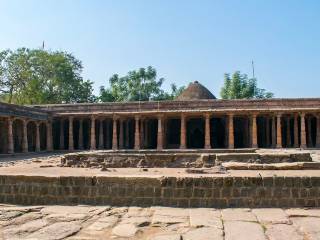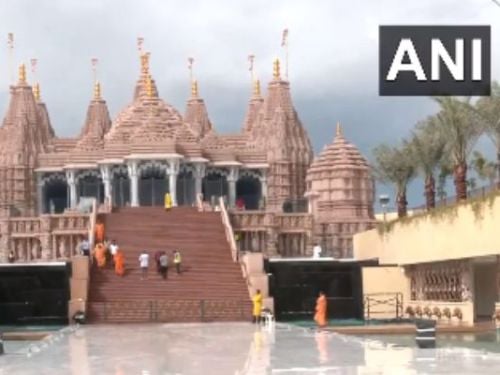Falgun Shuddha Dvadashi
New Delhi: The ancient Indian Mimansa principles of interpretation used by our ancestors during the vedic period has come to the aid of the Supreme Court for resolving a conflict between an electricity generating company and a licensee.
Adopting the principles, the Supreme Court has ruled that only State Electricity Regulatory Commissions or the Central Commission has the powers to arbitrate or adjudicate disputes between generating companies and licensees.
A bench headed by Justice H K Sema and Justice Markandey Katju set aside a Gujarat High Court’s judgement that appointed retired Chief Justice of India Justice A H Ahmadi as the sole arbitrator to resolve the dispute between Gujarat Urja Vikas Nigam (GUVN) and Essar Power.
"It is well settled that the special law overrides the general law… It is the discretion of the state commission to either decide the dispute itself or refer it to arbitrator appointed by it," the bench said.
According to the court, Section 86(1)(f) of the Electricity Act, 2003, was a special provision for adjudication of the disputes between licensees and the generating companies and it would override general laws, including Section 11 of the Arbitration and Conciliation Act, 1996.
But interestingly in resolving the dispute, the court took the aid of the Mimansa principles which were created for resolving mainly practical difficulties in performing yagyas (rituals) and conflict in case of "smritis" (general principles of human behaviour) and shrutis (eternal values). ( Indian politicians should also learn and follow good things from Vedas and ancient books! – Editor )
Source: PTI
Also See
» Learn Hinduism

 Pakistani Hindus express their happiness, thank PM Modi after receiving Indian citizenship under CAA
Pakistani Hindus express their happiness, thank PM Modi after receiving Indian citizenship under CAA MHA issues first set of citizenship certificates under CAA to 14 applicants
MHA issues first set of citizenship certificates under CAA to 14 applicants Madhya Pradesh: ASI survey of Bhojshala complex in Dhar to start on March 22
Madhya Pradesh: ASI survey of Bhojshala complex in Dhar to start on March 22 PM Modi to inaugurate the first traditional Hindu Mandir in Abu Dhabi
PM Modi to inaugurate the first traditional Hindu Mandir in Abu Dhabi Tirupati Devasthanams to establish platform for non-Hindus to adopt Sanatan Dharma
Tirupati Devasthanams to establish platform for non-Hindus to adopt Sanatan Dharma Baghpat court gives ownership rights of Mahabharata era Lakshagriha to Hindu side
Baghpat court gives ownership rights of Mahabharata era Lakshagriha to Hindu side